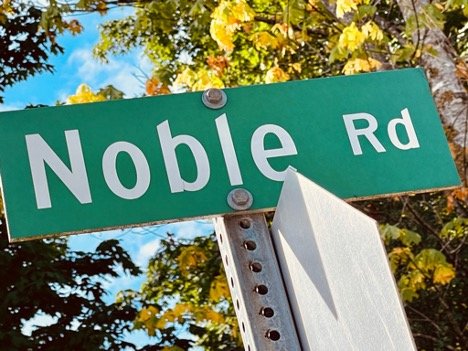Word of the Week: Ersatz
It’s one of the most looked-up words when used in high-profile publications like the New York Times or Washington Post. I don’t recall having an index card with the word “ersatz” on one side and its definition on the other when I studied for the SAT decades ago. Let me give you a few hints at its meaning—see if you can guess from how it’s used in the following sentences:
She wore an ersatz diamond necklace that sparkled almost as brightly as the real thing.
During the war, people had to make do with ersatz coffee made from roasted grains, chicory, or acorns.
His enthusiasm for the project felt ersatz, as if he were just pretending to care.
In other words, fake—and a bad fake at that. The word comes directly from German, where it means “replacement” or “substitute” as a noun. In English, however, it can function as both an adjective and a noun. Although the word does not inherently carry a negative connotation in German, it’s often used in the English language to describe a substitute that is perceived as inferior to the original. The term dates back to 1875 and gained widespread international attention during World War I when allied blockades forced Germany to develop substitutes for many products, leading to the creation of thousands of “ersatz” goods, such as ersatz coffee and ersatz bread (made from potato starch).
In addition to trying to use ersatz in a sentence this week, be mindful how many ersatz goods and headlines you see too. The world is full of them (and ersatz attitudes, smiles, and pleasantries). Let’s all try to keep it real.
Credit: Photo by Brett Jordan on Unsplash
